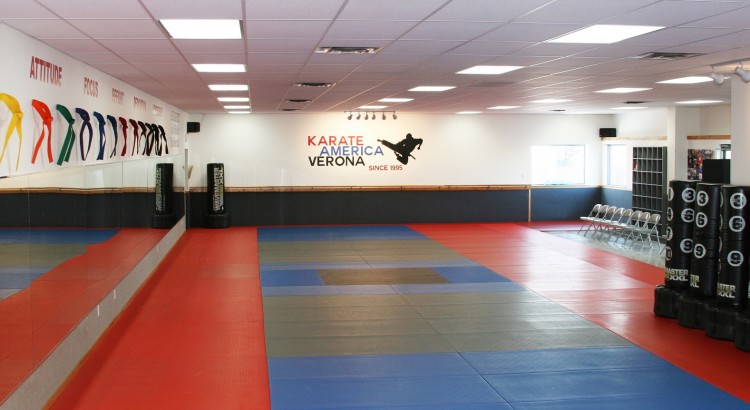Are you contemplating on studying a martial art? As you may know by now, there are different martial arts that you can get into, like karate, judo, and taekwondo. But how do you choose a martial arts school?
Enrolling in a martial arts school is akin to buying a second hand car. You would not know what you’re getting into until you’re actually in the class training with a martial arts instructor. Since fees in these institutions aren’t exactly cheap, you’d like to take your time in looking for a school where you can learn the basics of karate, taekwondo or any other martial art.
You must also bear in mind that martial arts schools in most countries aren’t regulated by a government agency or commission, and there are no consumer groups that can aid in ensuring the quality of instruction. This fact only underlines the need for you to be more discerning in choosing a martial arts school.
Here are some things you should look for in a martial arts institution:
1. Proximity
You’d like to enroll in a school that is close to your residence or place of work. This would make it easier for you to go to class. Can you imagine how inconvenient it would be for you if the school you enrolled with is more than 30 miles away from where you work or live?
So list down all the martial arts schools that are within an acceptable travel distance for you, as well as your preferred style. Then set up an appointment so you can watch their classes. If the school offers an introductory class free of charge, then take it.
2. Equipment/Facility
When you arrive at the school, take time to inspect the equipment and amenities it offers. Some large schools have weight training equipment, showers, and lockers. Others don’t offer these amenities. Of course, it is likely that those which have complete amenities charge higher fees, but it is up to you to decide which of these amenities are important and necessary for your training.
3. Class Size and Schedule
Most neophytes would rather be part of a large training group instead of a small class. It’s understandable if you feel the same, because you may have some insecurities being a novice. However, it would be better if you join a small class as you will get more individual attention from the instructor. This way, you can learn the moves and techniques faster.
You must also check the time of day the classes are offered, as well as the duration. Some schools have hour-long classes, while others have 90 minute classes. Determine the length of class that you are most comfortable with, taking into consideration your commitments at work, school, and home.
4. Class and Age Group
Inquire whether or not the classes are separated by age or belt level. You may want to join a class where the participants are of the same age as you. There’s a good chance that joining a class of younger participants may backfire in the long run, as the younger ones would be able to execute techniques better than you can and this may shatter your confidence. Moreover, the difference in maturity levels could also prove distracting not only to you but also to them.
5. Quality of Instruction
One misconception that neophyte martial arts practitioners have is that enrolling in a class which is handed by a well-known martial arts guru is the way to go. They believe that they’ll get schooled by the said individual. However, in reality, it is usually an assistant or high-ranking student of the martial arts master who handles the classes.
Before signing on the dotted line, you should ascertain who will be doing the instruction. Ask how frequent the master instructor will attend the classes, and the extent of his participation.
That’s not to say these individuals are not fully qualified to teach, but you should ascertain ahead of time on who will be doing the instruction, and how the master instructor will be to help you during the course of your learning.
You must also talk to the instructor before committing with the school. Is he receptive to your queries? If he isn’t, then you might as well look for another school or class. Does his answers sound rehearsed? That may be a warning sign as well as he may just be eager to sign you up so he can get more money at the end of the day.
These are just five of the factors that you should look for in a martial arts school. Of course, there are other things that can come into play like the fees. Make sure that you consider all these dynamics well before you commit to a martial arts institution.
